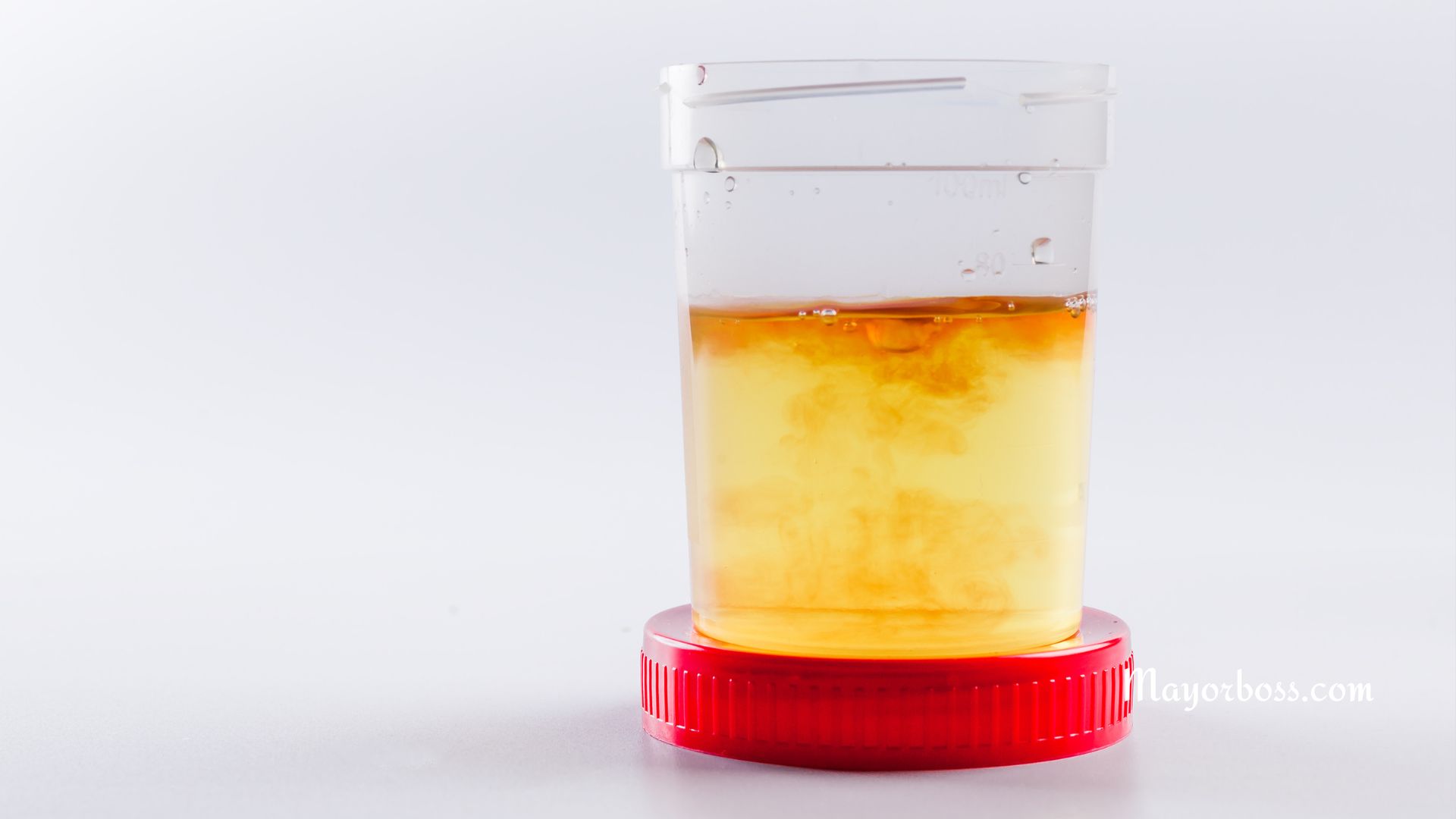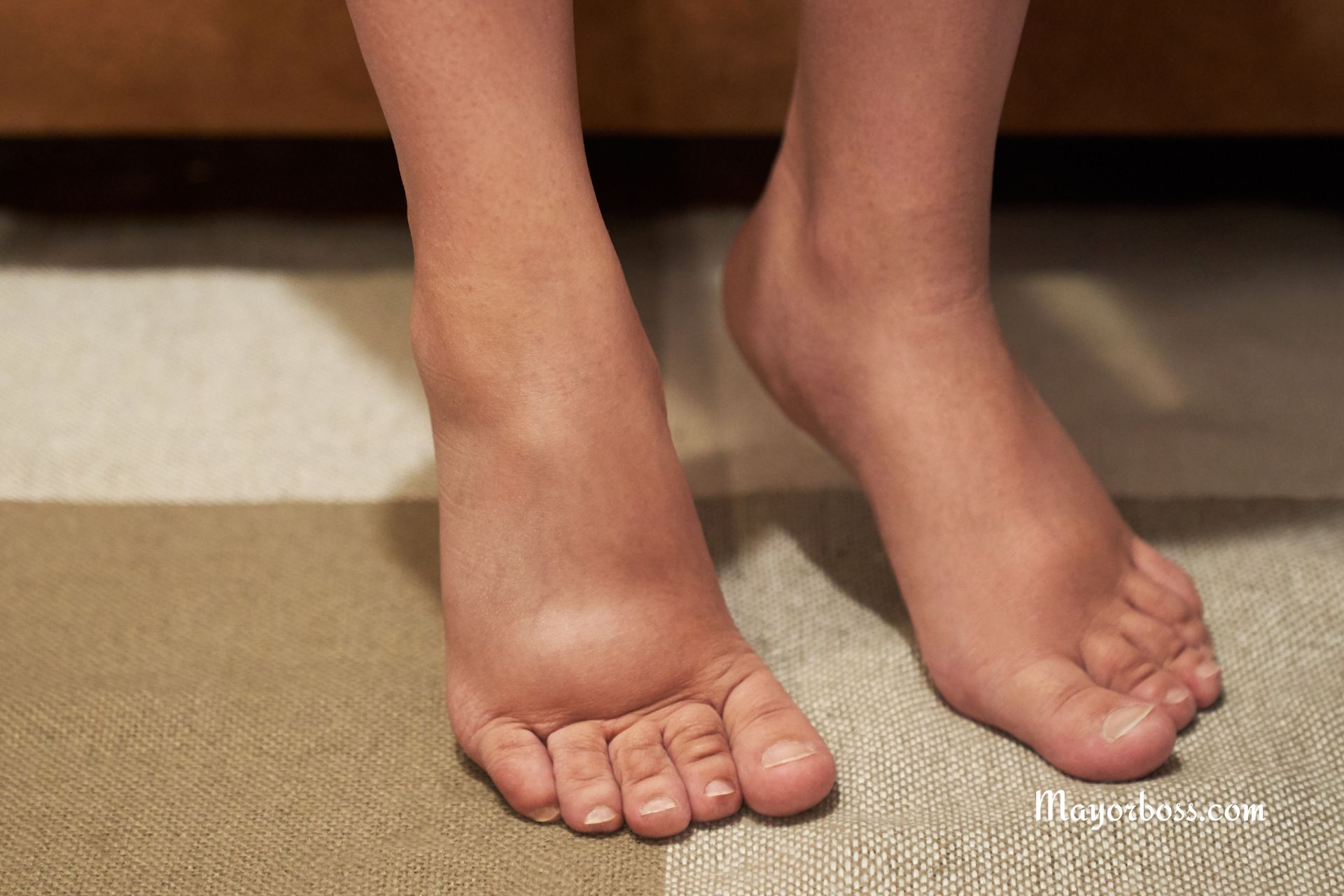5 Causes of Frequent Urination
What is Frequent Urination?
Frequent urination, also generally called urinary frequency, is the urge or need to urinate more often than usual. It is a common issue that affects people of all ages, though it is particularly common in pregnant people and those with an enlarged prostate.
While it is normal for individuals to urinate anywhere from four to eight times a day, frequent urination is characterized by the need to go more than eight times in a 24-hour period.
This condition can significantly impact your overall health, as it can lead to sleep disruptions, anxiety, and a decrease in daily productivity.
Causes of Frequent Urination
There are numerous underlying causes of frequent urination, some of which are more common than others. Keep in mind frequent urination isn’t always a sign of a health issue. In this section, I will discuss five potential causes: urinary tract infections, overactive bladder syndrome, diabetes, medication side effects, and prostate problems.
Urinary Tract Infections
Urinary tract infections (UTIs) are a common cause of frequent urination. They begin when bacteria enter your urinary tract, thus, causing inflammation and irritation. This can lead to a constant urge to urinate, even when your bladder isn’t full.
Other symptoms of UTIs may include a burning sensation during urination and cloudy, bloody, or foul-smelling urine.
Solutions and Recommendations: If you suspect a UTI, it is essential to actually consult with a healthcare professional for proper diagnosis and treatment. Antibiotics are typically prescribed to treat the infection. Additionally, over-the-counter pain relievers can help alleviate discomfort, and increasing your water intake can help flush out the bacteria.
Overactive Bladder Syndrome
Overactive bladder syndrome (OAB) is a condition characterized by the involuntary contraction of the bladder muscles, leading to a sudden and urgent need to urinate.
OAB can significantly impact your daily life and overall health, as it can lead to frequent disruptions in your schedule and sleep patterns.
Solutions and Recommendations: You can manage OAB symptoms by making lifestyle changes, such as avoiding caffeine and alcohol, practicing bladder training, and performing pelvic floor exercises. In some cases, medications may be prescribed to help control symptoms.
Diabetes
Frequent urination can be a symptom of both type 1 and type 2 diabetes. High blood sugar levels can cause your kidneys to work overtime to filter and absorb the excess sugar, resulting in increased urine production and the need to urinate more frequently.
Solutions and Recommendations: If you suspect diabetes is the cause of your frequent urination, seek medical advice immediately. You may need to make dietary changes, engage in regular exercise, and potentially take medications to manage your blood sugar levels.
Medication Side Effects
Certain medications, such as diuretics, antihypertensives, and antipsychotics, can cause frequent urination as a side effect. These medications can increase urine production or affect the muscles of the bladder, leading to more frequent urges to urinate.
The solution, in this case, is to consult your healthcare provider. They may adjust your dosage or prescribe an alternative medication that won’t cause this side effect.
Prostate Problems
Prostate issues, such as an enlarged prostate or prostatitis, can cause frequent urination in men. An enlarged prostate can press against the urethra, making it difficult for urine to flow freely.
Prostatitis, which is the inflammation of the prostate gland, can cause discomfort and frequent urges to urinate.
Solutions and Recommendations: If you suspect prostate problems, speak to a healthcare professional for accurate diagnosis and treatment. Treatment options may include medication, lifestyle changes, or surgical interventions, depending on the severity and type of the issue.
Proactive Steps to Prevent Frequent Urination
Protecting your overall well-being involves taking proactive steps to prevent frequent urination. Here are some tips to help you minimize the risk of developing this condition:
- Stay Hydrated: Maintain a healthy level of hydration by drinking enough water throughout the day. This can help your bladder function properly and reduce the risk of urinary tract infections.
- Practice Good Bathroom Habits: Try to empty your bladder completely when you urinate and avoid holding it in for extended periods. This can help reduce the risk of developing an overactive bladder.
- Limit Caffeine and Alcohol: Of course, both caffeine and alcohol can irritate your bladder and increase the production of urine, leading to frequent urination. Limit your intake of these substances to minimize their impact on your bladder.
- Maintain a Healthy Diet and Exercise Routine: A balanced diet and regular exercise can help prevent conditions like diabetes, which can contribute to frequent urination. Additionally, maintaining a healthy weight can reduce pressure on your bladder, decreasing the likelihood of developing urinary frequency.
- Manage Stress: High-stress levels can contribute to an overactive bladder. Engage in certain relaxation techniques, such as deep breathing exercises or meditation, to help manage stress and reduce the risk of developing frequent urination.






